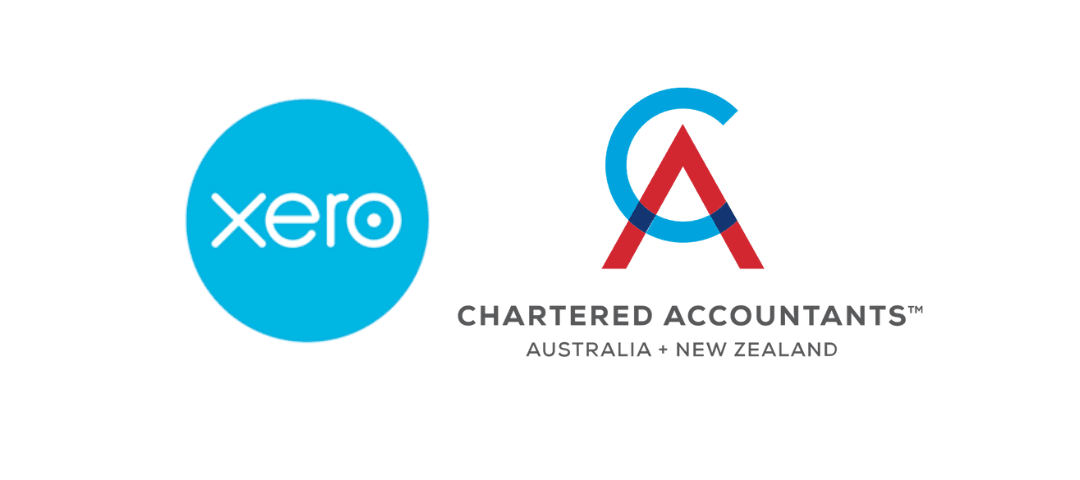The days are getting longer, and Christmas work functions are about to get into full swing. This article looks at an often-confusing area of business expenses: deductibility of expenses regarding food and drink and entertaining clients and staff.
Before diving into some specific examples, all deductible expenses must be incurred in earning income or have a nexus to carrying on your business. If the expense is of a personal nature (even if paid out of the business bank account), it is non-deductible. This is particularly important now that IRD has published an update on their position (see further below).
Food and drink expenses can be classed as entertainment and deductible at either 50% or 100%. For the self-employed and directors of close companies, your own food and drink must comply with the entertainment rules. The more detail you can provide in your accounting software, the easier it will be for us to decide whether the expense is deductible. For example, if you include a description such as “coffee with client” or “drinks with supplier”, then we will know that it can be claimed.
This also emphasises the importance of having separate business and personal bank accounts. Having all personal transactions going through a personal bank account ensures we don’t have to query every single transaction.
Please remember to retain details of these costs should IRD request more information. For example, keep the receipt and write on it who you were meeting and the nature of that meeting.
Specific Examples
We have set out some examples below of what is and what is not claimable:
Corporate boxes and other social events for clients and staff – 50% deductible under “entertainment”. For example, Christmas parties for staff would be 50% deductible, as would Friday night drinks for staff, whether in the office or at the pub.
Accommodation for a trip that is solely for business purposes – 100% deductible under “Travel”.
Food and drink provided at business premises for either staff or clients – 50% deductible as “entertainment”, except for morning teas and light refreshment work shouts (e.g. sandwiches, cakes), which are 100% deductible.
Food and drink provided to staff away from the business premises is only 50% deductible. The complication here is that if you buy the morning teas and consume them in the office/workplace, it is 100% deductible, but if consumed offsite, then it is only 50% deductible. This is something to watch out for.
Light meals consumed on premises while attending a board meeting or senior management meeting would be 100% deductible, e.g. sandwiches provided at a board meeting.
If you have no employees, the only deductible food and drink expenses will be those incurred when meeting clients and suppliers – deductible at 50%.
If you gift a client food and drink, e.g. a real estate agent giving a bottle of wine and chocolates to a client after a house sale, this will be 50% deductible. You can post this to a separate “client gifts” code or “entertainment”; make sure to claim only 50%. However, if you gift the client flowers or cinema vouchers, then these are 100% deductible, which is more attractive from a tax point of view.
Food and drink while away at a conference or training course will be 100% deductible. This should be posted to “Travel” or “Staff Training”.
Events available to the public that promote your business (e.g. stands at trade shows) are 100% deductible, but if the event is only available to existing clients, it is only 50% deductible.
Food and drink while travelling on business – if the expense is for one of your employees, that is 100% deductible. However, you can only deduct 50% of the cost of food and drink consumed if either:
The trip is mainly for the purpose of enjoying entertainment (for example, a team-building trip)
The mean or function involves an existing or potential business contact as a guest or
A celebration meal, party, reception or similar occasion where you will not be working.
However, if the cost of food and drink while travelling on business is for you (self-employed) then generally, there is no deduction for meal costs unless you are working in a remote location. The IRD position is that you would have to eat whether you were at home or away on business and therefore, the cost is not directly for business purposes. If you cannot prepare or bring your own food due to the remote location, then only the additional cost over your normal meal costs would be claimable. This is a significant change that was clarified in an IRD 37-page document (all on meal deductibility). We have outlined one of the IRD examples further below.
Example 1 – Meal expenses of self-employed persons
IRD example from Interpretation Statement 21/06
Rob is a self-employed engineer who specialises in repairing and maintaining complex machinery and manufacturing premises. He is based in Auckland, where most of his work takes place, but he also regularly travels up to Northland and down to the Waikato and Bay of Plenty to undertake specialist repairs. On occasions he has travelled further afield when required. Rob has a small office/workshop where he stores spare parts and consumables, and where his wife works doing the admin work for the business. The office has enough space for tea and coffee facilities and a microwave.
Variation 1 – Travel around town
Rob has a busy day travelling between three client sites in South Auckland, which is a fair distance from his office on the North Shore. As a result, he does not return to his office/workshop from the beginning of the day until the end of the day as it is not practical to do so. During the day, he buys takeaway coffee on a couple of occasions and also picks up lunch from a bakery near to where he is working. Rob asks if he can claim his coffee and lunch expenses as they were incurred in undertaking his incomeearning process.
Rob is unable to deduct his expenses as they are expenses of a private and domestic nature. Consistent with Case E80 and Case P1 these expenses were incurred to enable Rob to live rather than to earn income in the required statutory sense for s DA 1(1). The requirements of the job did not impose expenditure on Rob that would not have existed but for the job.
Variation 2 – Travel on business
The next day Rob has two jobs lined up in Rotorua. Due to the distance it takes to get to Rotorua and back, and the length of time taken to undertake the work, Rob does not make it back to Auckland until 9pm. As well as picking up a couple of cups of coffee and lunch (as in Variation 1) Rob eats his evening meal in Rotorua rather than waiting to get home. He asks whether any of his meal and drinks expenses are deductible.
Again, Rob is unable to deduct these expenses as they are expenses of a private and domestic nature. They relate to living as an individual member of society (Haenga), and both Case A12 and Case B14 support non-deductibility. However, as Judge Barber recognised in Case E80, extra costs may be incurred when a taxpayer is required by their work to eat “out of town”. Evidence will need to be provided to indicate that such extra costs had been incurred and the quantum of such costs.
Variation 3 – Overnight travel on business
The next week Rob has two days’ work in Hawkes Bay requiring him to stay a couple of nights away from home. He pays for breakfast at his motel, incurs expenditure on drinks and lunch during his working day, and eats out at a restaurant both nights he is away from his home. Is any of Rob’s expenditure deductible?
On the face of it none of the meal and drinks expenditure is deductible because it is of a private and domestic nature. Rob may argue that being away from home has imposed an extra cost on him. However, his choosing to have his evening meal at a restaurant does not make Rob’s working conditions sufficiently unusual as described by Judge Barber in Case F117 when he said the taxpayer could claim extra food costs. The result is also consistent with the TRA decision in Case G57.
Variation 4 – Remote travel on business
A month later Rob is required to work for a couple of days on some machinery in a very remote part of New Zealand, where the only accommodation is not self-catering, and there are no supermarkets within reasonable travelling distance in any case. Rob is required to take his meals at the hotel he is staying at. Is any of Rob’s expenditure deductible?
While the starting point is that meal expenditure is of a private and domestic nature, these circumstances are like those Judge Barber described in Case F117. Rob can argue that the cost of meals here reflects the extra food costs required by the unusual working conditions he finds himself in. The extra meal costs have a sufficient nexus with the earning of Rob’s income from fixing the machinery in the remote location, and there are no practical and realistic alternatives for accommodation and meals. Accordingly, the extra cost of the meals over and above Rob’s normal expenditure would be deductible. Rob calculates he would normally spend $15 on his evening meal, so any cost above this is deductible.
Variation 5 – Employee expenses
Rob employs Esther to help with the workload in his business. Esther has two days’ work in Hawkes Bay requiring her to stay a couple of nights away from home. Pursuant to the terms of her employment contract, Rob reimburses Esther for her meal expenses and also pays her a daily amount for light and liquid refreshments. How should Rob treat the payments to Esther for meals?
As an employee expense Rob, will be able to deduct the amounts he is obliged to pay Esther under the employment contract. The private limitation will not apply to this expenditure. Rob should also treat the payments to Esther as exempt income either under section CW 17CB(2) (for the light and liquid refreshments) or section CW 17CB(3) (for reimbursements for meals).
As you can see, the rules can be a little confusing, so the more details you can provide to us, the better, and we will ensure that we claim the maximum that we can within the IRD guidelines.
Contact Us
Contact Tim Doyle or Jane Evans today to discuss any employment queries (or any other matter) on 07 823 4980 or email us. Our office is in Cambridge, NZ, but distance is no problem. We have many international and national clients.
This material has been prepared for informational purposes only, and is not intended to provide, and should not be relied on for, tax, legal or accounting advice. You should consult your own tax, legal and accounting advisors before engaging in any transaction.



